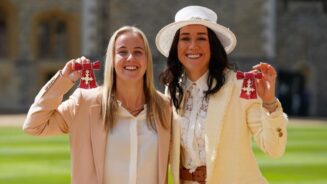Nil rate band
Clients living in countries with a very low or nil tax rate may pay less tax by paying the OTC on a transfer to a Malta Qrops, which could then pay gross to the country of residence where no or very little tax is paid.
The client would pay less tax using this approach than they would if they took full flexible drawdown directly from the UK pension, which would result in higher rate UK tax being applied in many circumstances.
There have been some comments made about the fact the UK has double tax treaties with countries, such as the UAE, and this could allow an individual to withdraw their pension tax free in certain circumstances.
The UAE has a double tax treaty with the UK which allows income to be paid gross from the UK and taxed in the UAE. There is zero income tax in the UAE.
I don’t think it is that simple. The whole reason for introducing the OTC was to reduce tax avoidance. For a UK pension to pay income gross they have to apply to HMRC for an NT non-resident tax code.
There have been previous examples of HMRC refusing to grant an NT tax code when the client is resident in a country with low or no income tax on pension income even when there is a double tax treaty between the UK and the country of residence.
This will be tested once a resident of the UAE applies for full flexible drawdown from his or her UK pension.
obert will not have to pay an overseas transfer charge as he will be transferring to a Qrops that is in the same country in which he
is resident.
Five key opportunities
The post-spring Budget pensions landscape for overseas advisers includes the following opportunities and considerations:
- A short-term window of opportunity to use Qrops for EEA residents under current rules.
- Increased use of Sipps for non-EEA residents – holistic pensions advice.
- Potential for development of ‘same country’ Qrops.
- Qrops may work for flexible drawdown in some circumstances.
- Clients who do take flexible drawdown will require estate planning and investment advice.




